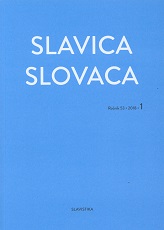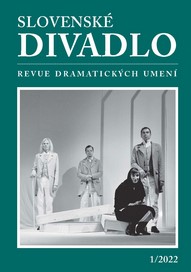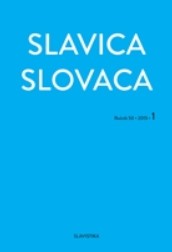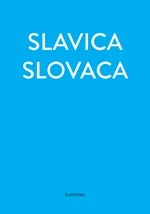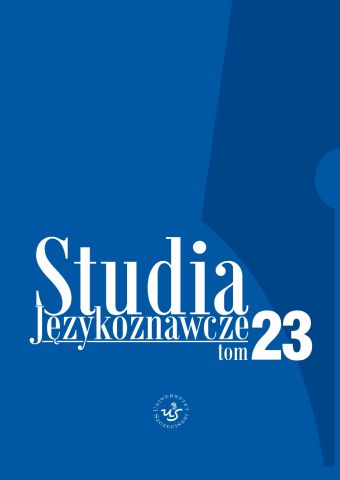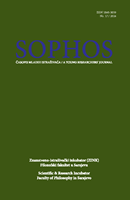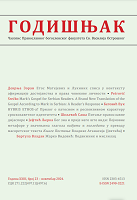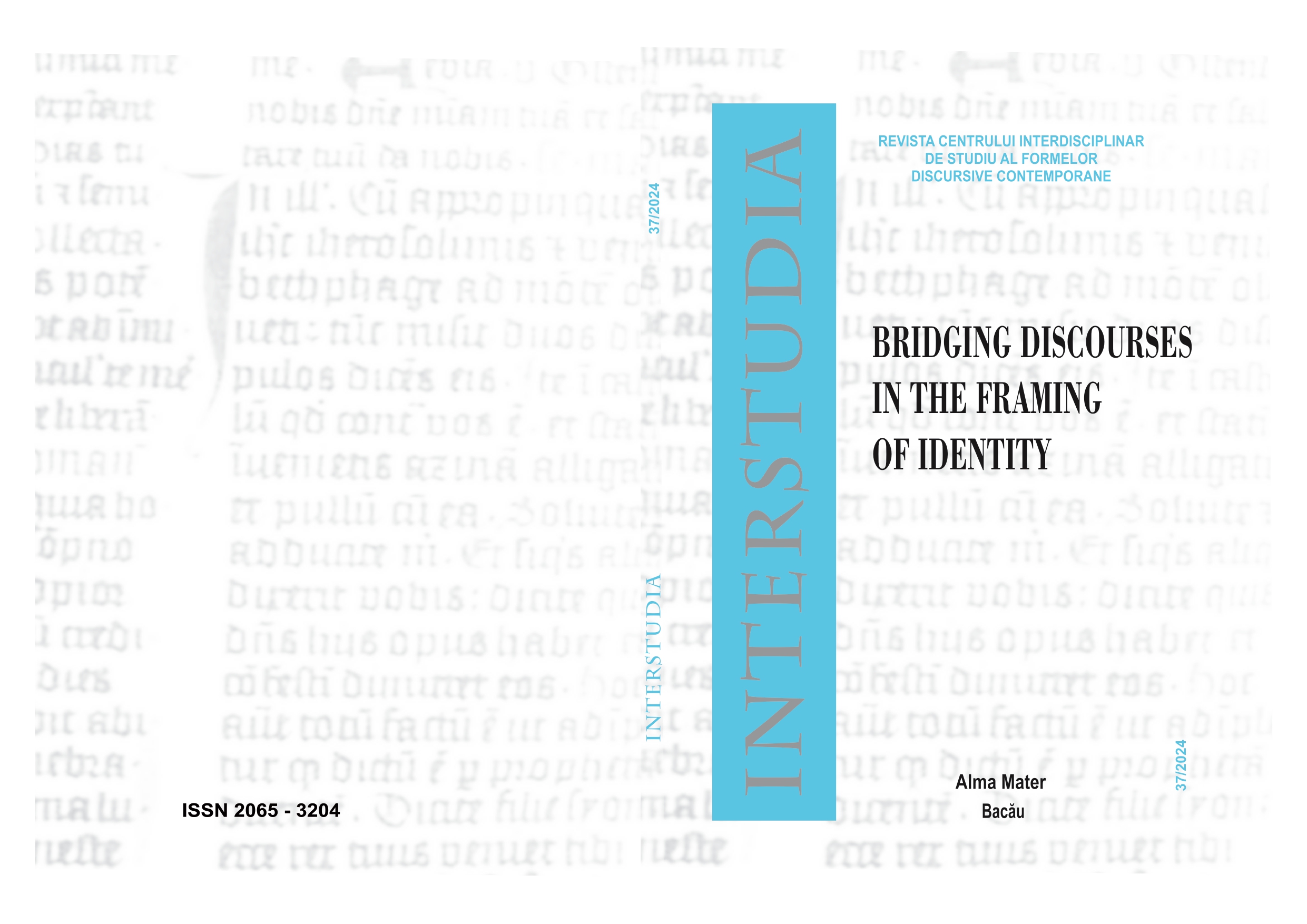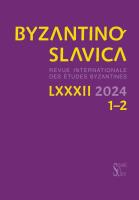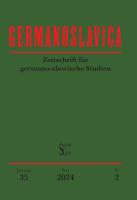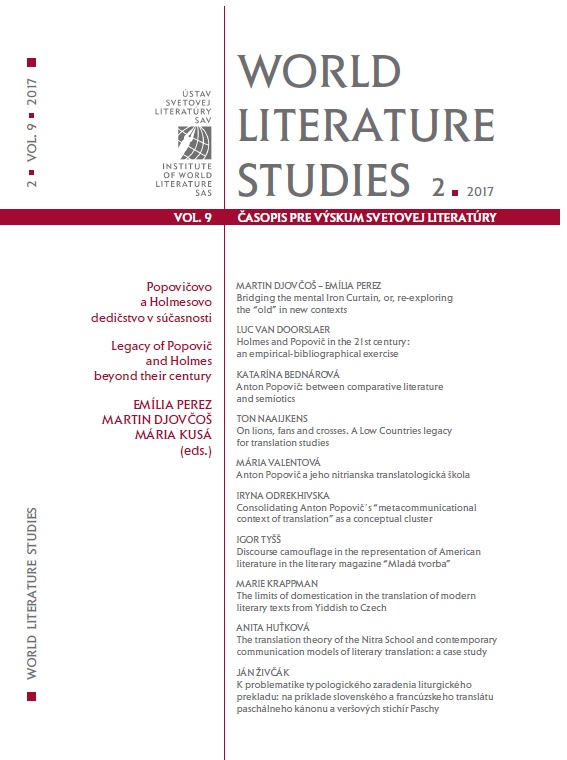
Anton Popovič: between comparative literature and semiotics
The theoretical thinking of Anton Popovič on translation and conception of the discipline of translation studies was formed between two boundary positions: comparative literature and semiotics. Popovič’s early scholarly works published in the late 1950s focused on Russian-Slovak literary relations and, at the same time, on the more broadly understood Slovak-Slavonic literary relationship in the 19th century. He completed this linguistic and literary scope with the study of translations from English and the analysis of Slovak translations of Shakespeare.In the 1960s, he already formulated the conceptions of literary translation in the period of Slovak romanticism and in post-romantic poetry. In the work of Anton Popovič, comparative literature and history were increasingly moving towards literary theory (Slovak structuralism,formal method, theory of the verse), history of translation, but first of all theoretical questions of translation. This research finally ended in the book Poetika umeleckého prekladu. Procesa text (Poetics of Artistic Translation. Proces and Text) in 1971. The paper concentrates on the first decades in the scholarly work of Anton Popovič and sums up the starting points leading to Popovič’ s understanding of translation as a semiotic category.
More...
